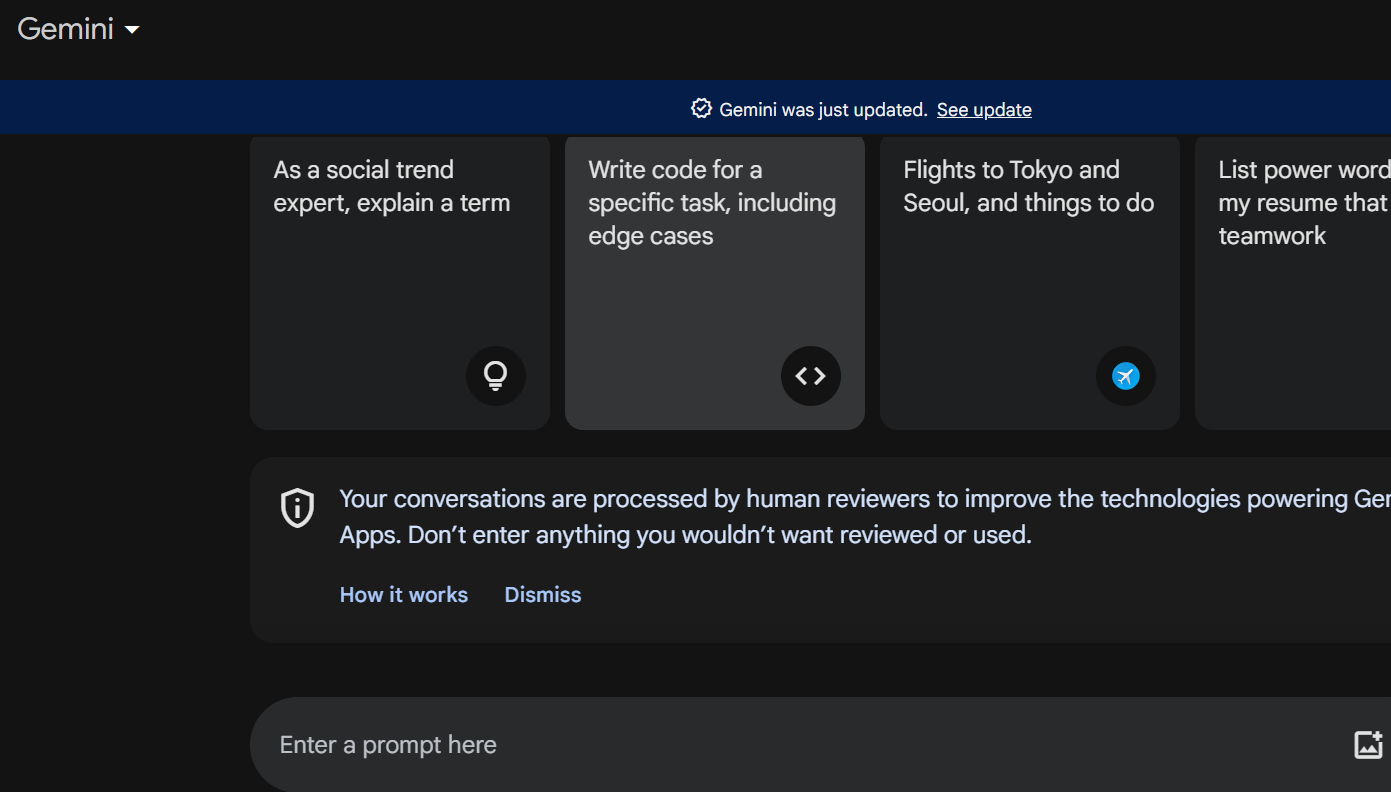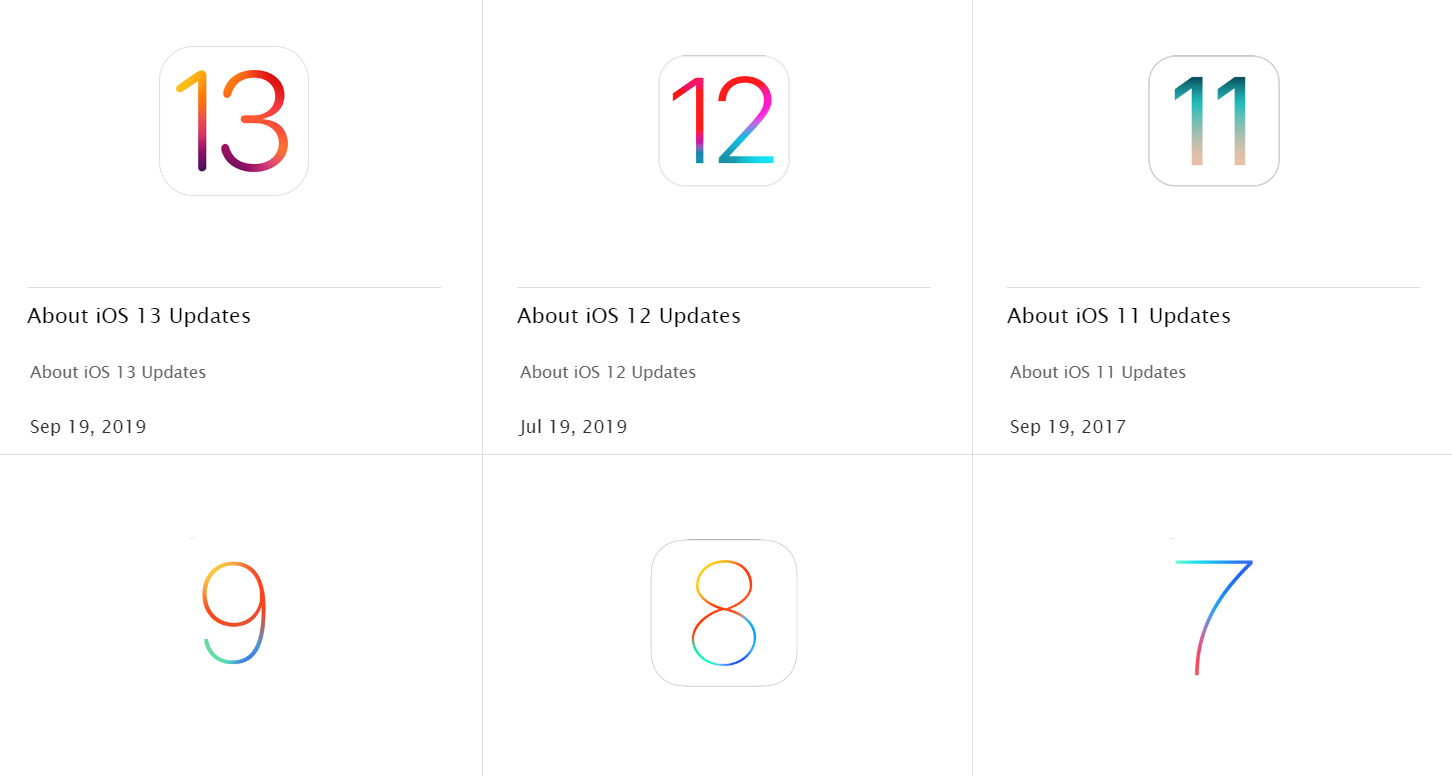Table of contents
Google is changing its approach to AI research to stay competitive with OpenAI, a leading AI research organization. As reported by Business Insider, the tech giant has decided to publish less confidential AI research, allowing it to focus on rapidly advancing technologies and maintain its position at the forefront of the industry.
The decision to pivot towards less confidential research comes as Google faces increasing competition from OpenAI, which has made significant strides in AI with the development of GPT-4. The latest version of OpenAI's language model has demonstrated remarkable capabilities and wide-ranging applications. In response, Google is adopting a more agile approach, enabling it to quickly iterate on new ideas and technologies.
Google's new strategy could profoundly impact the AI research landscape. By concentrating on less confidential research, the company may be able to explore a broader range of ideas and foster more innovation within the industry. This shift could also lead to increased collaboration between Google and other AI researchers as the company shares more of its findings with the broader community.
However, this new approach is not without its risks. By focusing on less confidential research, Google could potentially expose itself to the possibility of competitors gaining access to its intellectual property. Despite these concerns, the company appears committed to pursuing this new direction, believing it will ultimately benefit the AI research community.
As the competition between Google and OpenAI continues to heat up with the advent of GPT-4, it will be fascinating to see how both organizations adapt their strategies to stay ahead in the rapidly evolving AI landscape. As Google shifts its focus to less confidential research, it will likely inspire others in the industry to follow suit, leading to increased innovation and collaboration in AI.





















